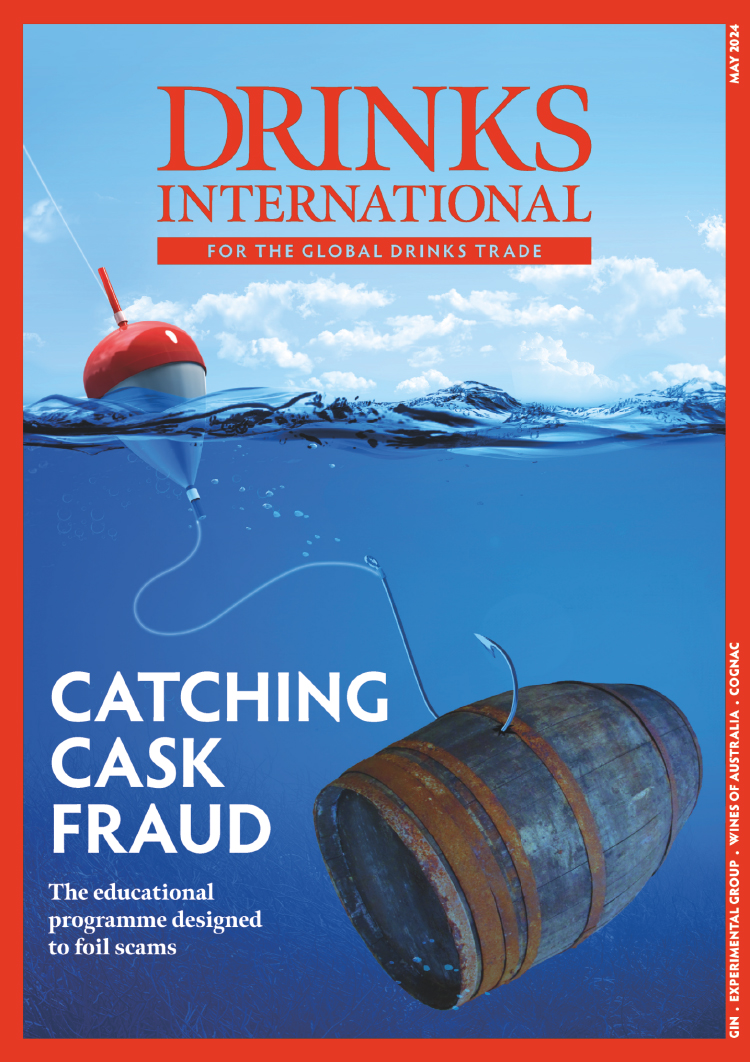------------------------------------------------------
There’s no such thing as a free lunch. Except there used to be, everywhere there was a concentration of bar rooms or saloons in nineteenth-century America. Especially in locales where there was intense competition for customers, such as New York, St. Louis, San Francisco, Chicago and New Orleans. Of course, the origin of the phrase lies in the fact that one was obliged to buy at least one drink to get access to spreads that ran the gamut from meagre to elaborate.
New Orleans was known to be the king of the free lunch. Easy access to French hams and cheeses, along with fruit and spices from all over the Caribbean, allowed saloon keepers to offer a luxurious experience to anyone with the price of a drink in his pocket. In fact, the practice seems to have started at Nola’s own Café des Réfugiés, in 1830, when the owner offered a lunch menu including a soup, a slice of beef or ham, potatoes, meat pie, and oyster patties. The uptick in business inspired others and the idea spread across the country over the next few decades.
A menu from Chicago in 1865 included wild boar steak, boned wild turkey, quail patties, aged bears’ paws in burgundy sauce, raccoon ragout, and squirrel pie. This was received well by the rougher elements travelling back and forth from the frontier and the big city but foreign visitors found the food lacking and often rotten, with off-flavours hidden by hot sauces and pepper.
In New York, my bartending ancestors provided less glamorous and saltier food, inspiring a tradition still honoured in the early nineties, when I was a regular at my first bar at 16 years of age (which I can tell you because it’s closed). At the Shandon Star, an ancient Irishman pushed around a cart loaded with pickles, salted pretzels and mustard. Of course, the salt on the pretzels, the vinegar in the pickles, and the spicy mustard all demanded that you order pitcher after pitcher of beer, which was available in two varieties, light or dark. New York’s multinational population also traditionally provided some variety in free lunches. If the barkeep was German, he might provide blutwurst or landjäger accompanied with mustard and pretzels; an Italian would keep a table loaded with soppressata, Italian bread and olive oil; and a Dutchman might have some herring and a wheel of Gouda on offer.
In some cases, barkeeps made the promise of the free lunch a reality, offering it to the needy without the requisite purchase of a drink. This was just one of the many ways the bartender served as de facto social worker in by-gone days. Of course, with the late 1800s birthing a nationwide temperance movement, free lunches became an easy target for teetotalers, who accused them of promoting dissolution and drunkenness. When national prohibition was instituted in 1920, the tradition died out as legal saloons were closed and speakeasies no longer needed to have anything on offer other than booze to attract clientele. This was perhaps the defining moment in the transition of the bar as community centre into the bar as revenue stream.
In today’s new era of competition amongst a plethora of excellent bars, isn’t it logical to look to the past and emulate the successful business practices of our precedents, as we have revived and elevated the art of mixing drinks? Wouldn’t you love to see a spread of charcuterie, cheeses, olives, and bread in your favourite cocktail bar?
Of course, nowadays we might see an attendant increase in drink prices — after all, there’s no such thing as a free lunch.




